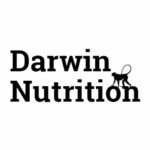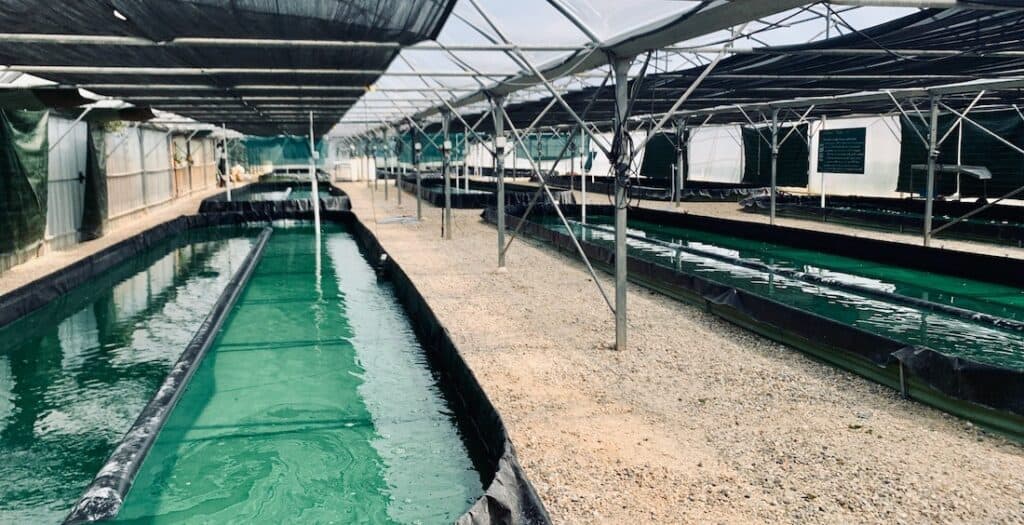While spirulina and its exceptional benefits are starting to become known to the general public in France, its origin, its producers, and France’s leadership position are less known. Over the last 5 years, the number of French spirulina producers has doubled, and their revenue has quadrupled – the result of unique expertise and organization in the world.
Discover our study carried out in partnership with the Fédération des Spiruliniers de France on the production of French spirulina, and feel free to share our infographic!
Spirulina, “the food of the future” according to the UN

Spirulina is a cyanobacteria: a micro-organism that lives in water through photosynthesis. It has existed for 3.5 billion years. A midway point between the animal and plant kingdoms, spirulina is considered the richest and most balanced food after breast milk. It indeed contains 3 times more protein than beef, 12 vitamins, 11 minerals and trace elements, as well as 18 amino acids.
Beyond its exceptional nutritional characteristics, spirulina has unique environmental qualities. The production of spirulina protein consumes 30 times less water than soy protein production, and the growth of the cyanobacteria involves absorbing large amounts of CO2 and producing oxygen.
A rapidly growing French production, focused on short supply chains

Global consumption of spirulina is booming, as it is consumed by both humans and animals, and used in certain industries, notably in cosmetics. The global spirulina market was estimated at $346M in 2018, growing 11% per year (source: Allied Market Research).
The French market structure is particularly unique: production is fragmented among an increasing number of small producers (rising from 50 in 2013 to 133 in 2019) who cover the French territory and cater primarily to a local market. French spirulina is mainly sold through short supply chains – e-commerce, direct farm sales, markets, and fairs representing 70% of sales – ensuring preserved margins for producers.

This choice appears to be successful since between 2014 and 2018, cultivated areas doubled, and producers’ revenues tripled, reaching over €6M in 2018.
An international industrial competition that accounts for the bulk of sales in France

With a total consumption estimated at 400 tons, France is one of the major spirulina markets worldwide.
Imported spirulina accounts for 90% of French consumption. Ultra-competitive in terms of cost, it is mostly produced in China, India, and the United States in large industrial farms. The manufacturing method, especially the spirulina drying techniques (high/low temperature), is responsible for a major quality difference between imported products and the French production known as “artisanal”.
Beyond contamination issues, noted particularly by ANSES since 2017, industrial spirulina generally offers no traceability information, shows degraded taste qualities, and lesser nutritional richness compared to French “artisanal” spirulina.
The future prospects of French spirulina

Representing about 80% of the French spirulina producers, the Fédération des Spiruliniers de France is working on three major projects:
- Since its creation in 2009, R&D has been a priority: it aims to optimize the production and control process of spirulina, in order to achieve ever greater nutritional, health, and taste quality, while ensuring a perfectly controlled ecological footprint.
- The FSF is also working on the creation of a certified collective brand, which would allow French producers to differentiate from imported products and reflect their unique expertise.
- The organic certification of French production by the European Union is a crucial initiative, although complex from a regulatory perspective. The stakes are high: many imported products are labeled “organic” based on equivalence rules between the EU and the exporting country, without any visibility or control over production conditions.
Given these initiatives and the strong growth in consumption in France, it is estimated that French production should double by 2022 to reach 80 tons, and 16 million euros in revenue per year.




